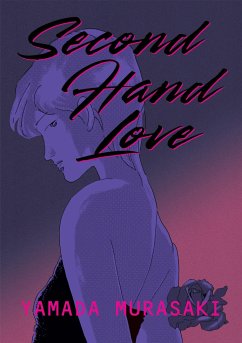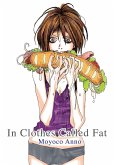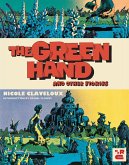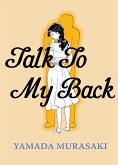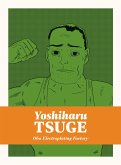"Through a cracked door, heartsick Emi hears a playful growl. Cautiously, she lets her lover in--a wolf of a man wielding a bouquet of roses. His shoulders must have been four inches wider than mine. As I stood behind him, I fantasized about the broadness of his chest and the thickness of his neck...and about becoming his mistress once again. And so their story goes. For a young woman interested in love without the hassle of a traditional relationship, an affair with someone else's spoiled husband is just what she ordered--until it's time to move on. Then there's Yuko: with even less time for married men's shenanigans, she turns her attention to her aging father and the guilt of adultery that has gnawed at his heart for years. Her mother is long dead, yet her memory is enshrined for eternity in their--both father's and daughter's--mirrored indiscretions. Drawn soon after the critically-acclaimed Talk to My Back, the two stories in Second Hand Love mark the triumphant return of Yamada Murasaki, one of literary manga's most respected feminist voices. Translated by noted historian Ryan Holmberg, this edition includes an interview with the artist from the height of her career in 1985, where her wit and wisdom are on shimmering display."--Amazon.
Hinweis: Dieser Artikel kann nur an eine deutsche Lieferadresse ausgeliefert werden.
Hinweis: Dieser Artikel kann nur an eine deutsche Lieferadresse ausgeliefert werden.

